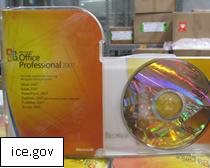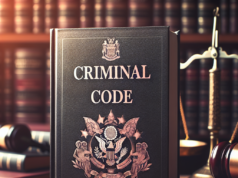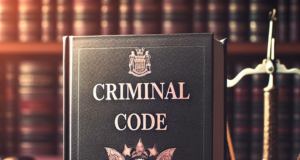
In a significant victory against software piracy, a man has been sentenced to three years in prison for trafficking counterfeit software.
The ruling sends a strong message to individuals involved in intellectual property crimes and serves as a warning to those who engage in such activities.
Counterfeit software poses numerous risks, including financial loss, potential harm to computer systems, and even threats to personal privacy.
The value of the counterfeit software market is estimated to be in the billions, with a considerable impact on legitimate businesses, software developers, and consumers.
The individual in question, whose name has been withheld for legal reasons, was found guilty of trafficking an extensive array of counterfeit software products. Investigations revealed that he had been operating an online marketplace, where he sold counterfeit copies of popular software at a fraction of their actual cost.
This illicit operation not only undermined the hard work of software developers but also contributed to a staggering loss of revenue for legitimate businesses in the industry.
Undercover law enforcement agents infiltrated the man’s operation, making several purchases to gather evidence against him.
Their efforts proved fruitful, providing prosecutors with concrete evidence of his involvement in trafficking counterfeit software. The case was then taken to court, highlighting the significance of protecting intellectual property rights and the severe consequences for those who violate them.
During the trial, the prosecution presented a compelling case, showcasing the impact of counterfeit software on both the economy and consumers.
They emphasized the need for stringent measures to deter such activities and to demonstrate that intellectual property crimes will not be tolerated.
The judge, after examining the evidence and hearing arguments from both sides, ruled in favor of the prosecution.
The accused was handed a three-year prison sentence, which not only serves as retribution for his crimes but also sends a powerful message to others who might be considering engaging in similar illicit activities.
This verdict sets a crucial precedent, showing that law enforcement agencies take the issue of software piracy seriously.
It highlights the strong commitment of governments and organizations in protecting intellectual property rights and the importance of credible, legal software in both personal and professional domains.
Software piracy not only contributes to revenue losses for developers and legitimate businesses but also exposes users to potential security risks.
Counterfeit software often includes malware, which can compromise the privacy and security of personal information on the computers or devices it infects.
It is essential for individuals and businesses to understand the significance of using authentic, licensed software in order to safeguard data and intellectual property rights.
Recent advancements in technology have enabled software developers to introduce various anti-piracy measures, including digital rights management tools, online activation, and subscription-based licensing. These measures offer additional layers of protection against counterfeit software and help ensure the integrity and security of users’ systems.
The sentencing of the individual involved in trafficking counterfeit software serves as a reminder that the fight against piracy is ongoing.
It underscores the need for collaboration between law enforcement agencies, software developers, and consumers to eradicate counterfeit software from the market and protect intellectual property rights.
By investing in legitimate software and reporting suspicious or counterfeit products, users can play a significant role in curbing the activities of software pirates.
The collective effort in combating software piracy will help foster a safer, more innovative digital environment for individuals and businesses alike.






























